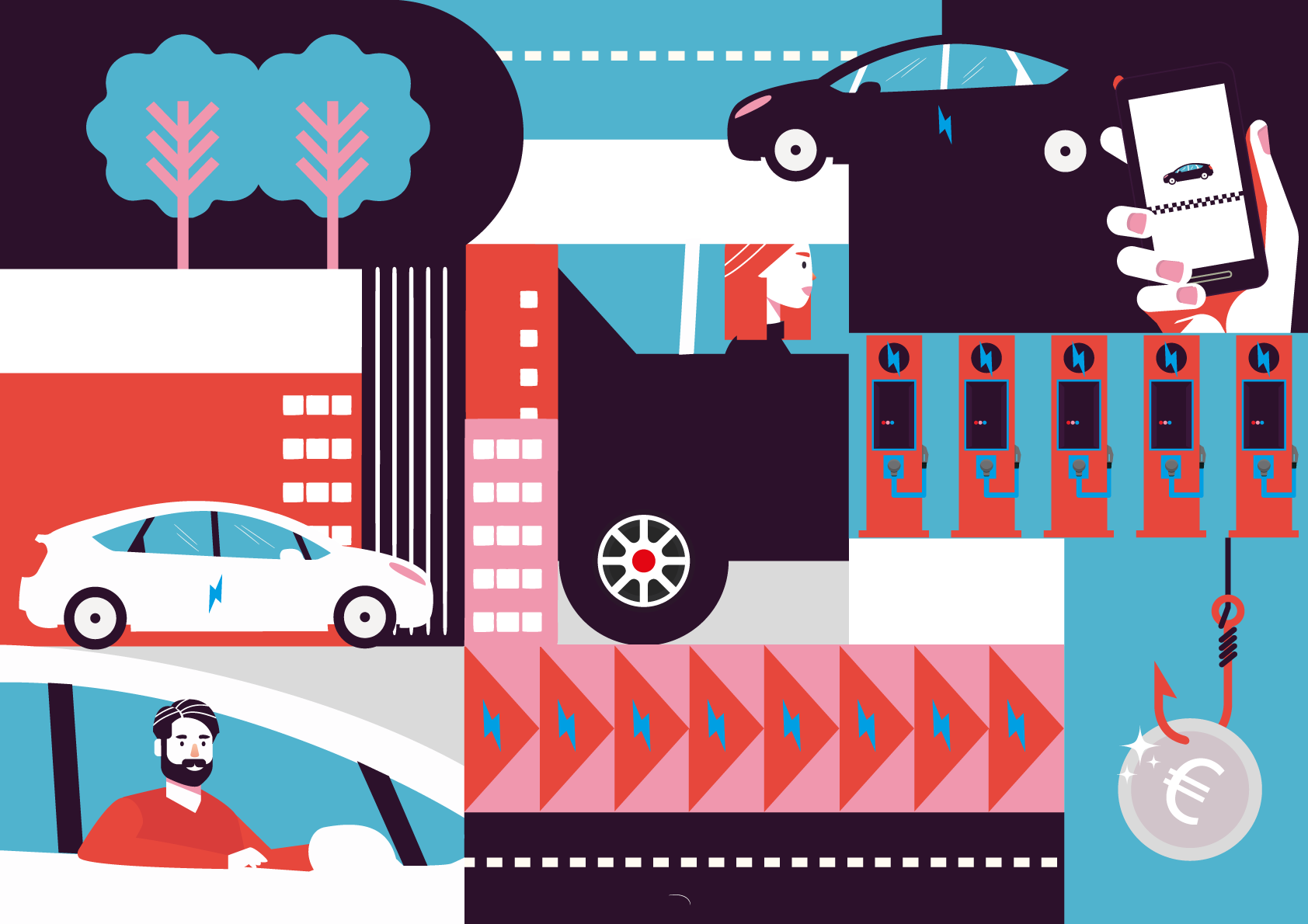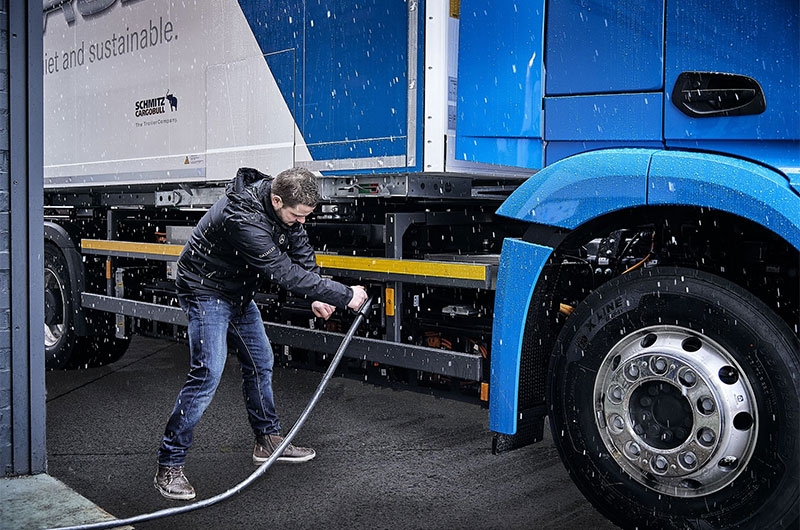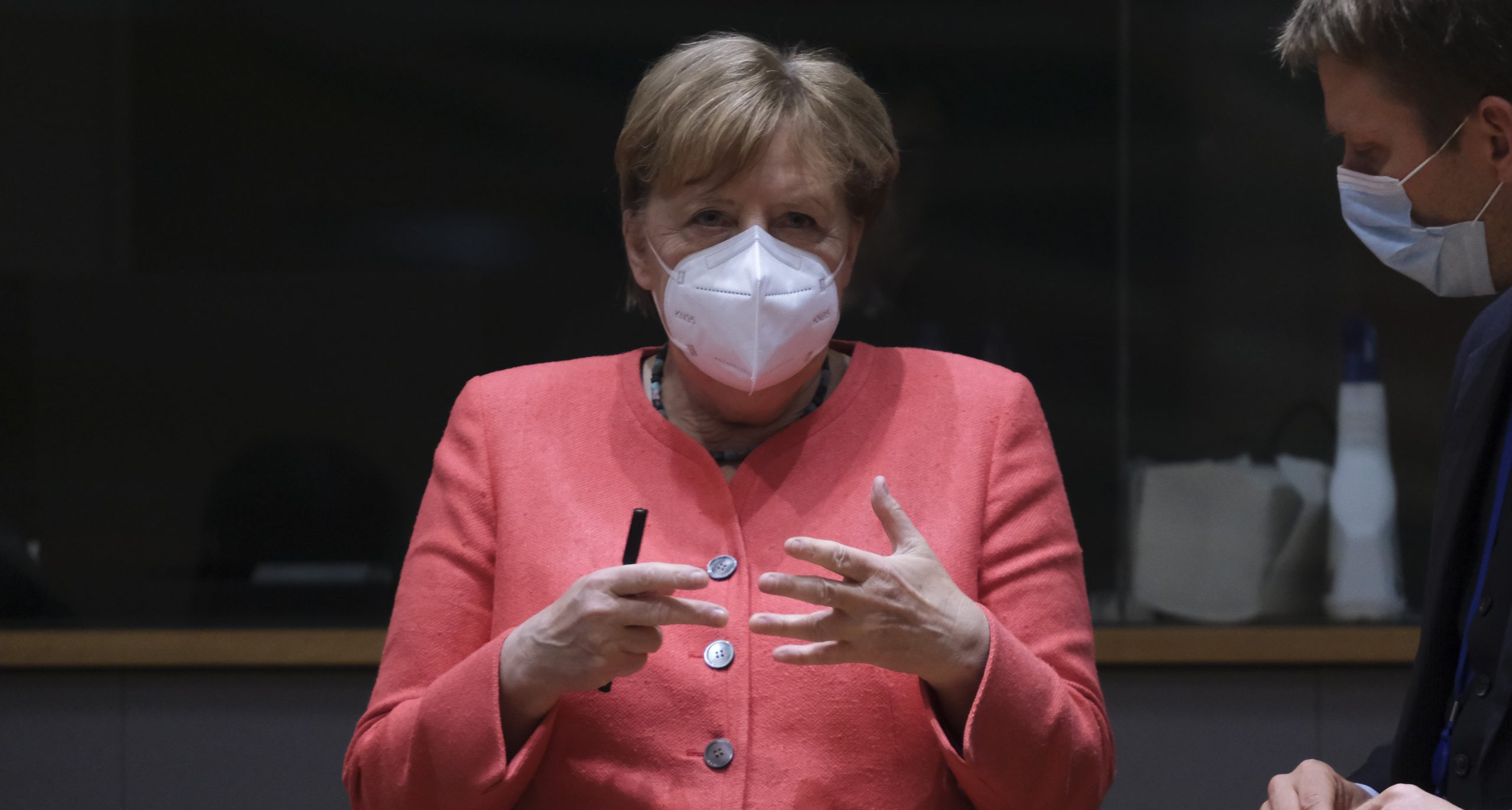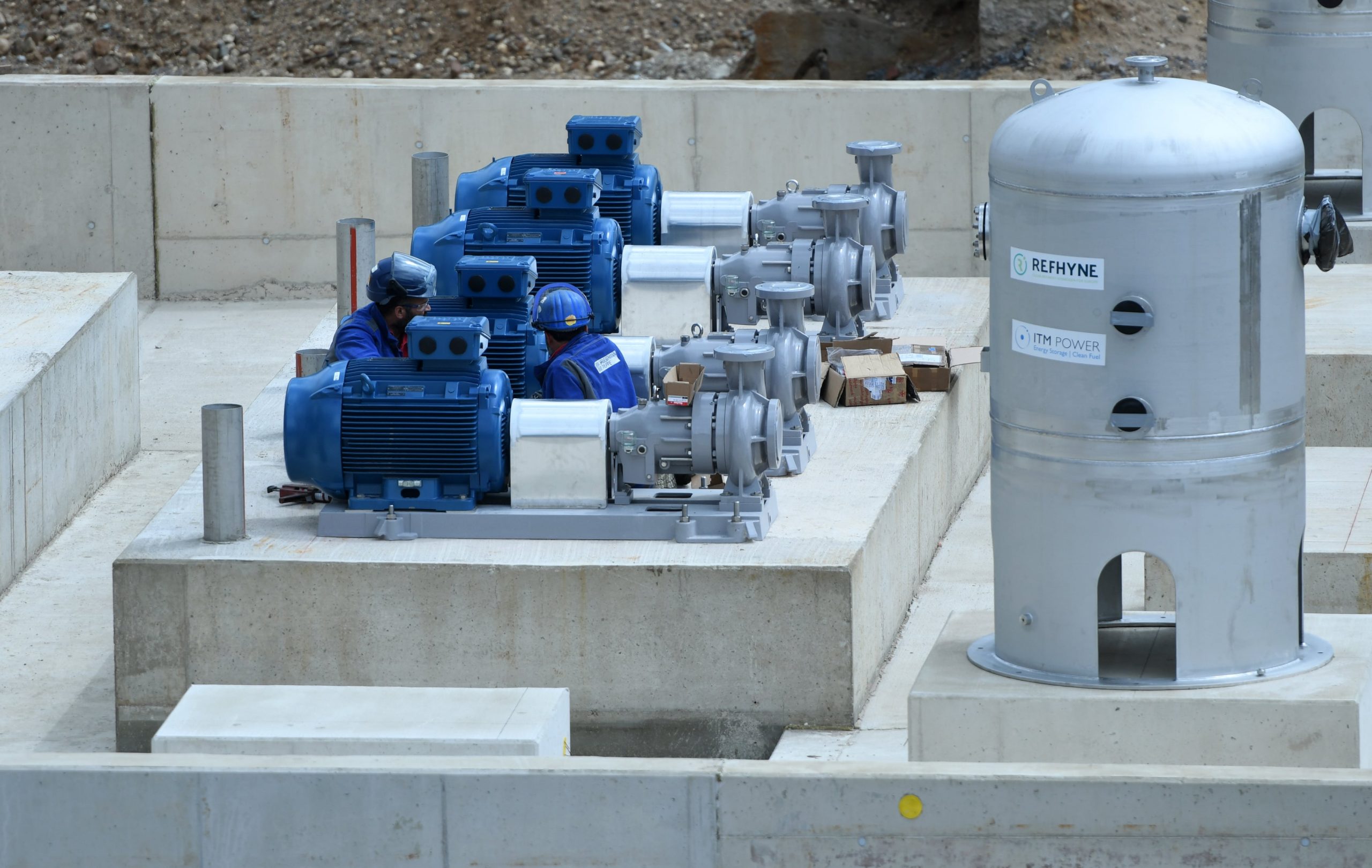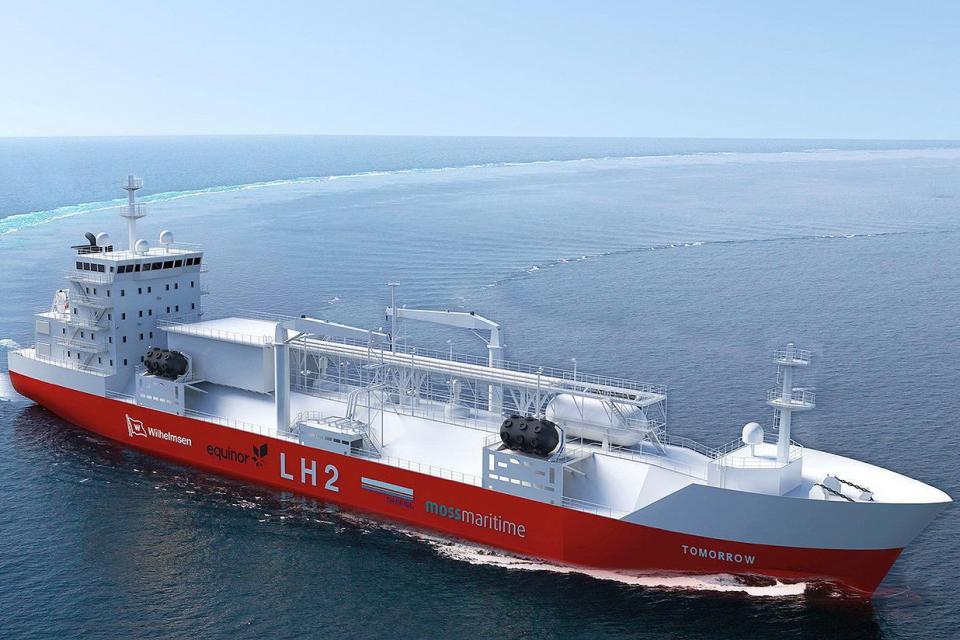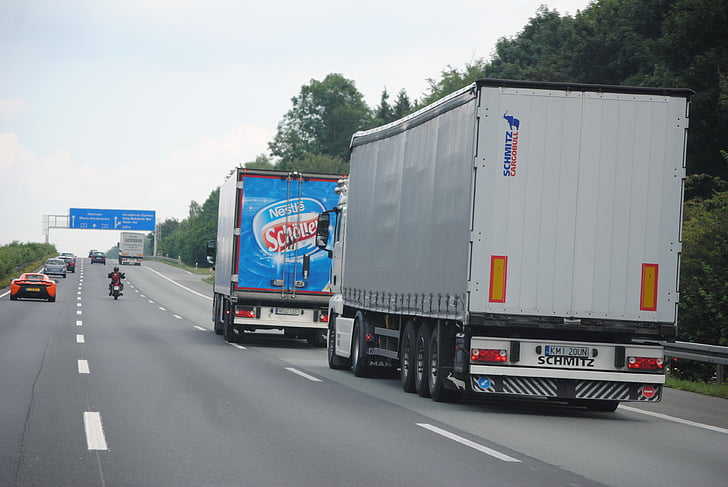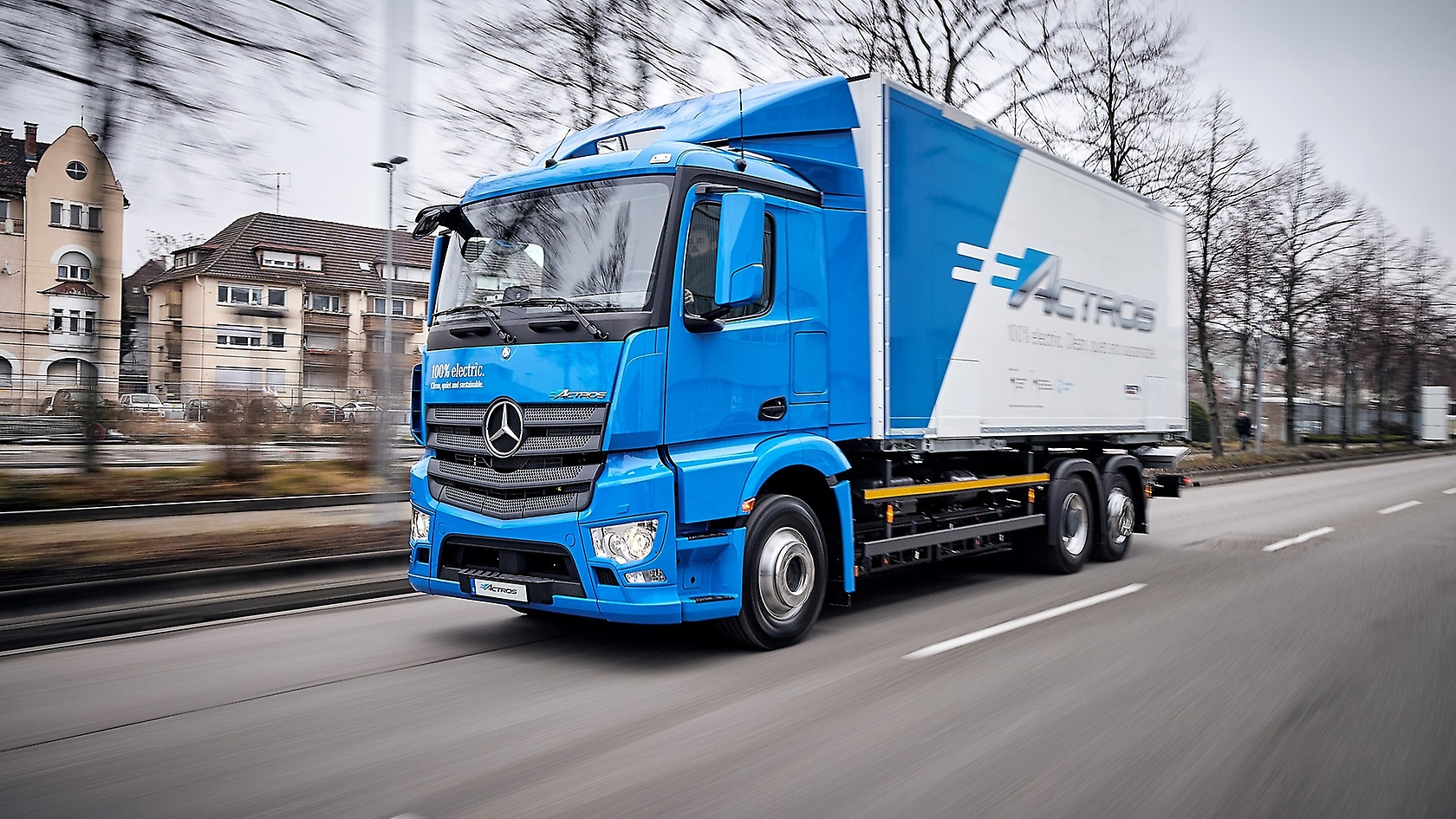Uber to electrify half its rides in Europe after T&E public appeal
Uber will provide 50% of its rides in emissions-free vehicles across seven European capitals by 2025 and will aim for 100%, it announced today after an 11-month campaign by Transport & Environment and seven NGO partners. The world’s largest mobility platform pledged to clean up its act in Amsterdam, Berlin, Brussels, Lisbon, London, Madrid and Paris in response to the #TrueCostOfUber campaign, which urged it to ditch dirty vehicles and replace them with electric cars.
